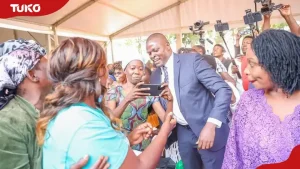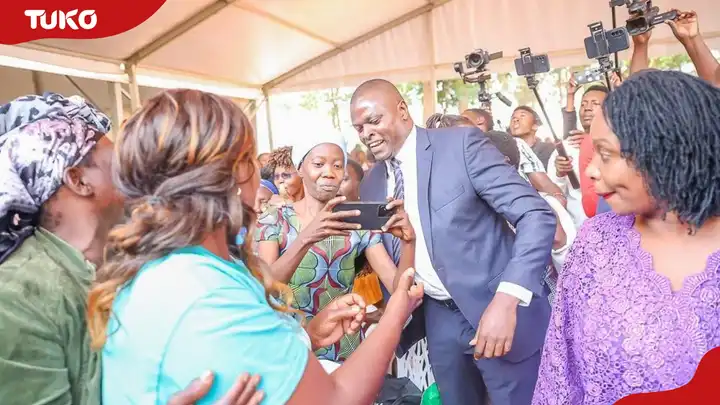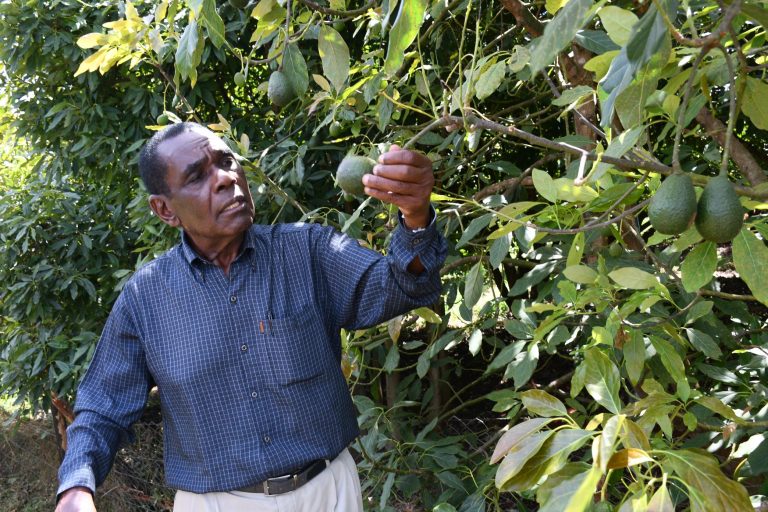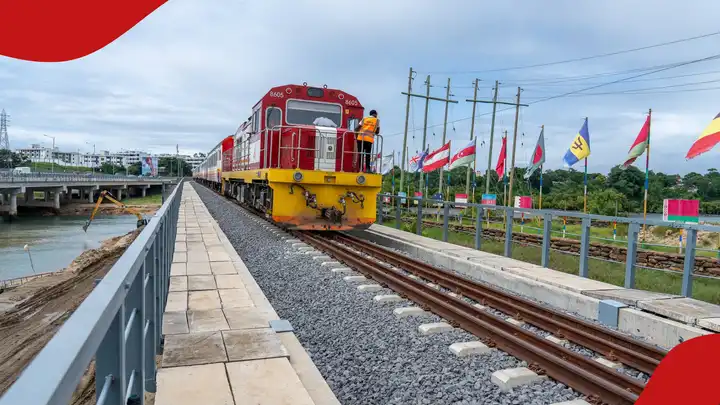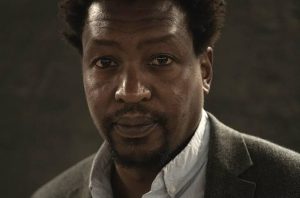More than a century after the First World War, and nearly 80 years since the second, the long shadow of colonial erasure is finally beginning to lift.
Thousands of African soldiers fought and died in wars not their own, and now their names are at last being unearthed from forgotten ledgers and hidden archives.
Among them are some 4,000 Kenyans whose sacrifices, until recently, went unrecognised.
This breakthrough is part of a broader initiative by the Commonwealth War Graves Commission.
The CWGC has identified more than 11,600 non-commemorated African servicemen across Commonwealth countries.
This is according to the Fourth Annual Review Report of its Non-Commemorations Programme, covering April 2024 to March 2025.
The soldiers were omitted from official war records not by oversight but through deliberate acts of omission.
Colonial administrators repeatedly misled the CWGC, claiming that African military records did not exist.
In truth, many of these men served with distinction, endured unimaginable hardship and died far from home, only to be forgotten by the very empire they defended.
A turning point came when Kenya’s Department of Defence granted CWGC researchers access to its archives, revealing conscription documents dating as far back as 1897.
These meticulously preserved files have become vital tools in the ongoing mission to document, commemorate and dignify the lives lost in both World Wars.
“This facilitation has helped us find well-kept details of servicemen who died or got lost and never returned,” says Patrick Abungu, CWGC Africa and Asia heritage manager.
“We can now hope for their inclusion in commemoration and give closure to existing family members.”
DIGNITY DENIED
For Abungu, this work is not just professional, it is personal. Among the thousands of unrecorded names, he is searching for his great uncle, Ogoyi Ogunde, who was conscripted from Ndwara village during the First World War.
Ogunde was one of five young men taken to Maseno for recruitment. Three briefly fled upon hearing of the conscription, but returned when they learned their parents could be jailed for their absence. Ogunde, however, never came back. His fate remains unknown.
Abungu has retraced the route his uncle may have taken following the railway lines laid by the British.
This would take him from Maseno to Kisumu, through Kipkelion, Kariokor in Nairobi, Voi and Bura in Mwatate.
“Even though the search is tedious and complex, finding others who served gives me some comfort,” he says. “That’s what I do.”
For decades, the final resting places of African soldiers were disregarded. While British soldiers were buried with honour, often by African troops, African servicemen were left to decay where they fell, under a colonial policy that advocated “letting nature reclaim them”.
This directive starkly contradicted imperial policy, which claimed all war dead would be treated equally.
“That policy was breached,” Abungu says, “and the result was a systemic denial of dignity in death.”
RECOVERING HISTORY
The consequences stretched beyond military records.
Without marked graves or memorials, countless African families have lived in generational uncertainty, never knowing what became of their fathers, brothers or grandfathers.
CWGC researchers are now working with local communities to recover this lost history.
Through digitised military files, oral testimonies and advanced tools, such as drones and ground-penetrating radar, they are slowly piecing together where these men fell, and where they now rest.
The sites under investigation — some remote, others barely marked — bear silent witness to a forgotten past.
Locations such as Lotima, Riata, Sori in Karungu and Salaita (dubbed ‘Slaughter Hill’ by British troops) tell stories of immense sacrifice. In Taita Taveta county, near Voi’s railway bridge, researchers scour overgrown graveyards and colonial battlefields for clues.
These are not just remnants of past wars; they are sacred spaces demanding remembrance.
Dr George Hay, a historian and research fellow at the CWGC’s Non-Commemorations Programme, estimates that at least 88,000 East Africans served and died in the wars.
“One of the programme’s key objectives has been to produce the most accurate estimate of casualties,” Dr Hay notes in the report.
“Allowing us to go some way to restoring recognition to all those who lost their lives in British military service.”
That staggering number underscores just how profoundly African contributions have been minimised. These soldiers died from bullets, disease, snakebites, starvation, exhaustion and exposure.
Many never even fired a weapon. They hauled supplies, built roads and served in brutal conditions as essential yet invisible support.
Not all tragedy came from battle. At City Park Cemetery, six white soldiers — survivors of war — died in a celebratory flight that crashed on the day peace was declared.
At the Nairobi War Cemetery on Ngong Road, the gravestone of a young British nurse speaks to women’s roles in wartime. Interwoven with African stories, these episodes reflect a complex tapestry of shared sacrifice and forgotten histories.
NEW MEMORIAL
Mercy Gakii, CWGC heritage supervisor, sees this work as both a professional duty and a national imperative.
“These men deserve the same recognition as their British counterparts,” she says.
“Their graves, stories and sacrifices should be known, seen and respected.”
To that end, plans are underway for a new memorial site at Kariokor War Cemetery in Nairobi.
The envisioned site will not only serve as a place of remembrance but also as a cultural and educational hub.
A space where future generations can learn about the wars, their global impact and the Africans who bore their burden.
CWGC education lead Carol Maina encourages schools to go beyond textbooks.
“Visiting war graves gives students a practical experience of what the World
Wars were like,” she says.
“It expands their understanding and appreciation of the role Africans played.”
Abungu echoes this call to action. “This was not just a European war, as the narrative often suggests. It was also our war. Too many Africans served and died, so it is our war,” he says.
“If anyone has heard the phrase alienda na hakurudi (he went and never returned), reach out to us. We will help you find information about your kin and possibly where he was buried.”
Across Kenya, 38 known war cemeteries stand as solemn markers of this legacy.
From Nanyuki to Mombasa, Gilgil to Kisumu, these sites are not relics of colonial memory; they are Kenyan heritage.
They stand as evidence that Africans were not passive bystanders but central players in the global conflicts that shaped the modern world.
In uncovering these lost soldiers, Kenya is not merely righting a historical wrong; it is reclaiming a legacy.
The effort to remember them reminds us that history must be inclusive to be truthful.
The wars may have ended long ago, but the battle for memory, justice and dignity continues.
And in that battle, the forgotten soldiers of Africa are finally being seen — not as footnotes but as heroes.
by Jack Owuor


